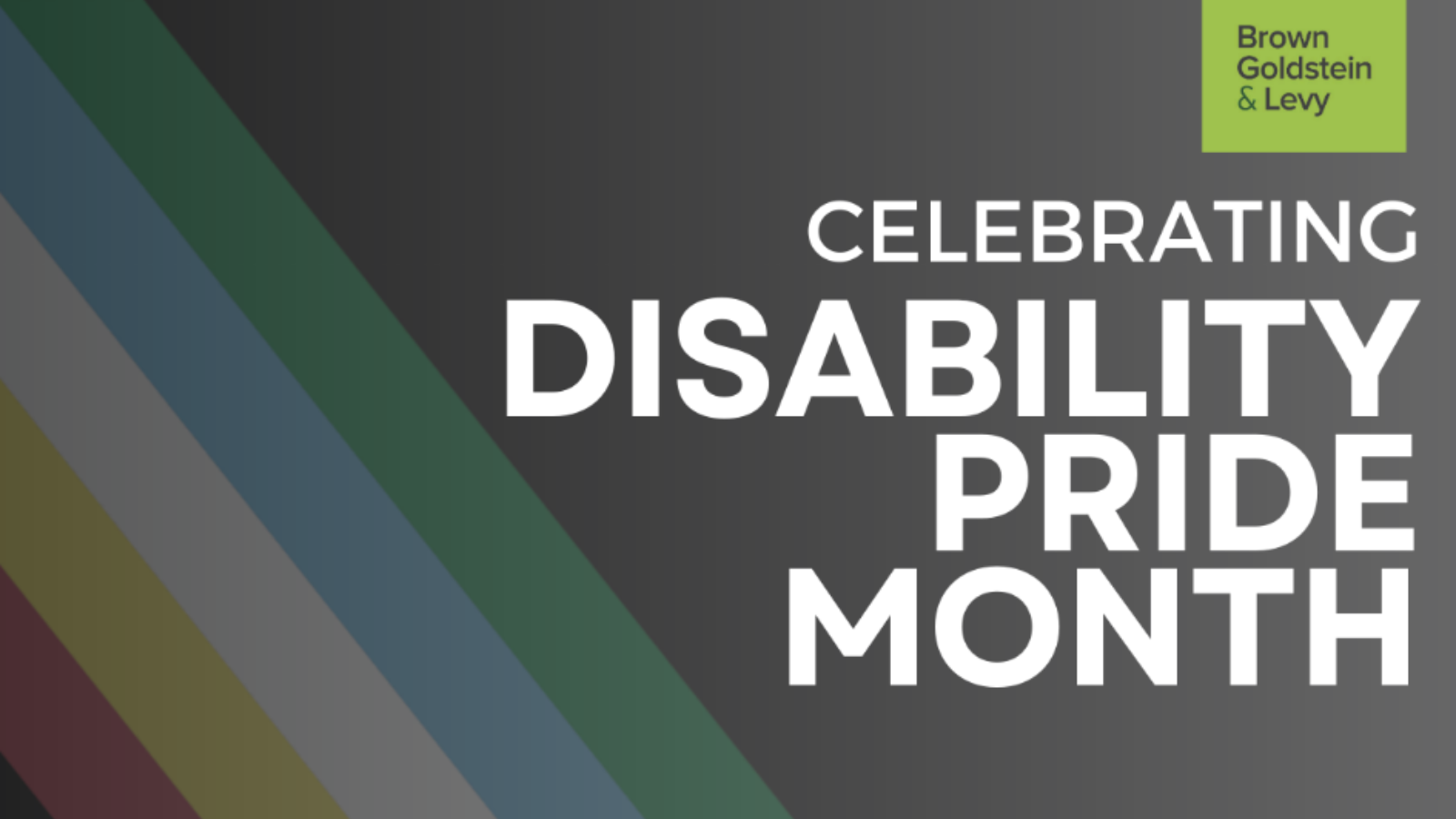Presidential Advisory Committee Releases New IDD Report – Technologist
By Sharon Krevor-Weisbaum, Eve Hill, and Jamie Strawbridge
Last month, the President’s Committee for People with Intellectual Disabilities released a new report intended to help ensure individuals with intellectual and development disabilities (I/DD) have the support they need to live independently and meaningfully engage in their communities. The report focuses on the importance of high-quality home and community-based services for individuals with disabilities and makes targeted recommendations with respect to four areas: direct support professionals; employment of persons with I/DD; community living and supports to promote independence and community inclusion; and federal supports, including programs like Supplemental Security Income, Medicaid, and Medicare.
The report, titled “Advancing Independence and Community Integration for All: Supporting Individuals with Intellectual Disabilities through High-Quality Home and Community-Based Services,” notes that home and community-based services promote well-being and enable people with I/DD to live at home rather than in institutions like nursing homes. Although these home- and community-based services often require skilled direct support professionals (such as home healthcare workers) in order to assist individuals with disabilities, the report identifies two problems: the pool of available professionals is not keeping up with expanding demand, and direct support professionals too often lack specialized training they require. Accordingly, the report recommends establishing new professional standards for direct support professionals as well as improved wages and access to benefits for such workers.
With respect to employment opportunities for individuals with disabilities, the report notes that hiring persons with disabilities is a cost-effective way to build an inclusive workforce and that “individuals with significant disabilities are an asset to the company — not a risk” in light of the “diverse skill sets and unique insights” they offer. At the same time, the report notes several continued challenges, including a lack of employer awareness of federal antidiscrimination requirements, such as requirements under the Americans with Disabilities Act that employers may not discriminate against workers with disabilities. The report recommends, among other things, increased access to inclusive apprenticeships and internships for individuals with I/DD; more targeted outreach and education on providing accommodations, if needed, to workers with I/DD; and strengthened efforts to enforce the ADA and other federal laws.
The report also addresses that many individuals with I/DD continue to face barriers with respect to affordable, accessible, and durable housing as well as accessible transportation, and that such individuals also face strict resource limits under federal programs like Supplemental Security Income and makes targeted recommendations in those areas as well.
Through its nationwide disability rights practice and its associated consulting practice (Inclusivity Strategic Consulting), Brown, Goldstein & Levy is fights for the rights of individuals with disabilities, including in many areas outlined in the new presidential report. Our firm represents individuals with disabilities across the country who face unlawful discrimination at school or at work, when receiving medical care or when casting a ballot during an election. Closer to our firm’s headquarters in Baltimore, we also represent individuals with disabilities in Maryland who face discrimination in housing or who do not receive the in-home healthcare services to which they are entitled under state and federal law. And with respect to employment, Inclusivity consults with and supports businesses that want to achieve real inclusion of people with disabilities in their workforces—offering strategic advice to start-ups, universities, and everything in between.
If you or a loved one has experienced discrimination, or if you want to ensure your business meaningfully includes individuals with disabilities, consider contacting us today to discuss your situation.


